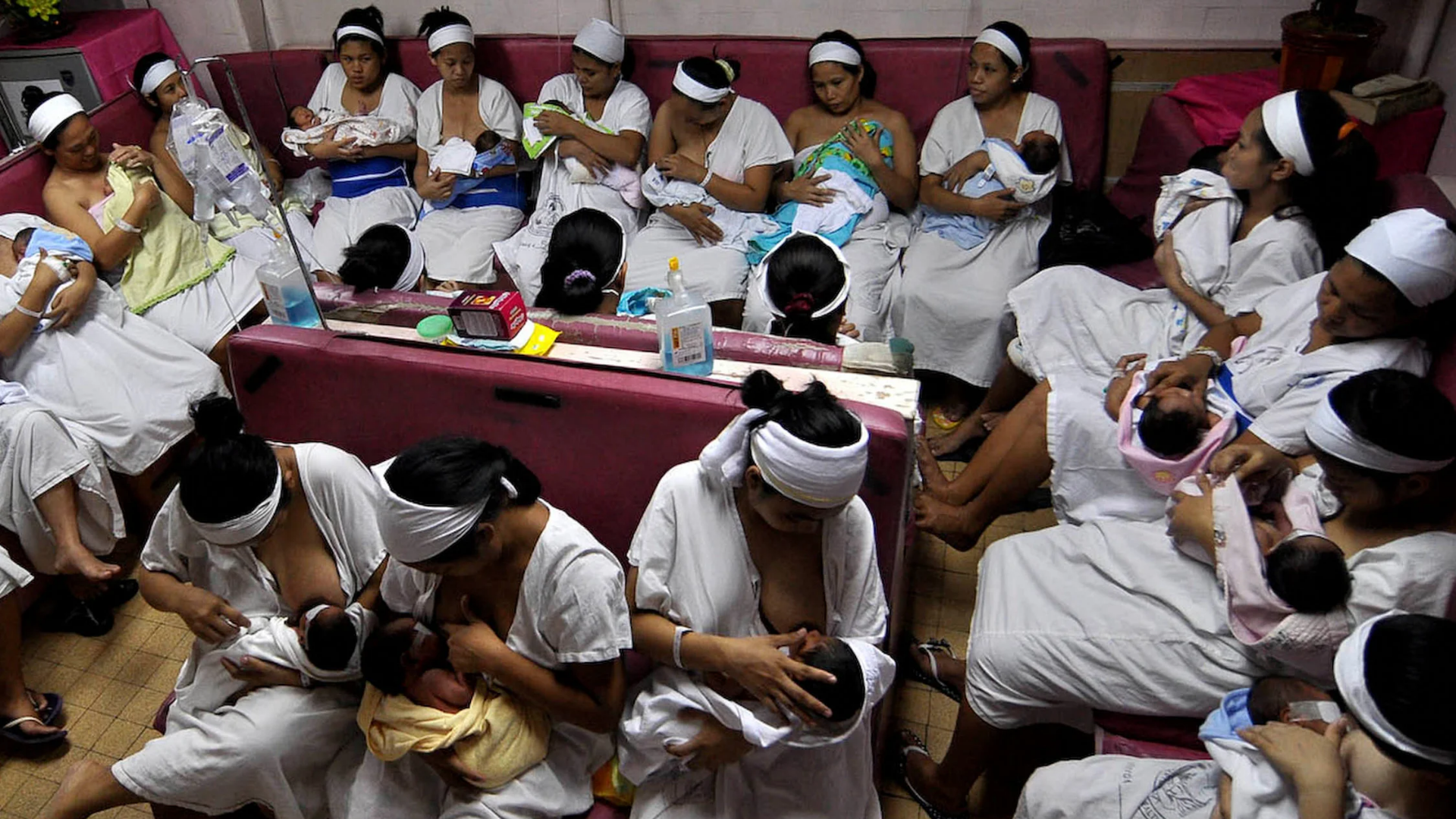Although there are breastfeeding-related laws and policies in the Philippines, the campaign still needs more support.

Being a mother is a big role in every family. They are also the ones who breastfeed and it is a hard thing to do. It is great for babies to be supplied by their Mothers Milk but not all can supply. There are laws about breastfeeding that we don’t know exist.
There have also been laws that support breastfeeding, starting with Executive Order (EO) No. 51 of 1986 (also known as the Milk Code), Republic Act (RA) No. 7600 or the Rooming-In and Breastfeeding Act of 1992, and its revision, RA 10028 or the Expanded Breastfeeding Act of 2009.
When the COVID-19 pandemic broke out in 2020, the Department of the Interior and Local Government called some local governments' attention to the fact that they had donated breast milk substitutes as part of their pandemic relief efforts.
According to the department, this violated EO 51, which forbids the marketing of these powdered substitutes in particular to "mothers of infants."
Nevertheless, some doctors still advise mothers who are unable to produce milk to get substitutes despite this law. According to the DOH, the Philippines has policies and laws that support breastfeeding.
The Human Milk Bank Association of the Philippines was founded with the intention of facilitating access to breast milk twenty years later.
According to the group's president, Dr. Estrella Olonan-Jusi, who was present for the launch, there are currently 32 milk banks in different hospitals across the country, 19 of which are in Metro Manila.
Mothers who are unable to produce milk due to a condition or another issue only need to present a doctor's note in order to access donated breast milk.
Mothers must go through a screening procedure in order to donate their milk to milk banks.
Jusi stated, "This is also to guarantee the safety and high caliber of our donor human milk."
While this has been going on, there have also been laws that support breastfeeding, starting with Executive Order (EO) No. 51 of 1986 (also known as the Milk Code), Republic Act (RA) No. 7600 or the Rooming-In and Breastfeeding Act of 1992, and its revision, RA 10028 or the Expanded Breastfeeding Act of 2009.
“We really need to raise awareness on breastfeeding because even if [some mothers]…use donor human milk for their babies, they need to be given support to be able to produce their own milk,” Jusi said.
